Dealing with dry conditions
Much of the country is experiencing lower than normal grass growth due to the dry spell. Rain is forecast for the weekend, but amounts could be small.
The risk of losing nitrogen to the atmosphere in the current conditions is high so it is advised to stop spreading fertiliser until rain is forecast and normal weather conditions return.
Watery slurry could go out on paddocks if you had it. Try not to top too much in the current conditions. With paddocks going to seed, the temptation is there to clean off paddocks after grazing. However, you are better to delay until rain is forecast again.
Water is very important during a very dry spell. Teagasc guidelines recommend that suckler cows need up to 90 litres/day, weanlings need 20-25 litres/day, finishing cattle need 35-60 litres/day, and animals on ad-lib meals need up to 70 litres/day.
Don’t forget to keep yourself hydrated as well, with older and younger family members especially at risk from dehydration. Sun cream is also very important if working outdoors.
Bloat Issues
Bloat can be an issue at this time of year where animals are grazing high clover pasture. Incidence of bloat can increase as the content of clover in pastures gets higher, or animals are grazing very lush aftergrass. Bloat occurs when gas pockets occur in the rumen of the animal and cannot escape. Clover swards and leafy pasture is easy and quick to digest, which increases the chances of bloat.
Certain animals tend to be prone to bloat and it is an inheritable trait. If bloat is an issue, consider including some long fibre in the diet like straw or hay in a round feeder in the field they are grazing.
If bloat continues to occur, consider taking the field out for silage.
Avoid letting animals into these pastures very hungry, as they could gorge grass, which will increase the chances of bloat. Bloat oil can be added to the water on a daily basis, and this will help reduce the chances of bloat.
Slurry Safety Tips
With lots of slurry on the move this week after silage has been cut on farms, it’s important to be vigilant to the dangers around slurry spreading and handling. Always use outdoor agitation points where possible, and never enter a shed when slurry is being agitated.
Open all doors and outlets for good air circulation. Try and agitate tanks on a windy day to maximise air movement. One lungfull of slurry gas can kill.
Let someone know that you are agitating and keep children out of the yard when slurry is being agitated and spread. Make sure that all tanks are closed after slurry spreading and the yard is left safe.
Stock Bulls
Keep a close eye on stock bulls and record as many heats and serves as you can to avoid any surprises at scanning time. Newly purchased young bulls shouldn’t be going out with more than 15-20 cows in the first season.
Very hot conditions can have a negative impact on fertility, especially if a bull has too much work to do. Make sure the bull has received the same vaccinations as cows.



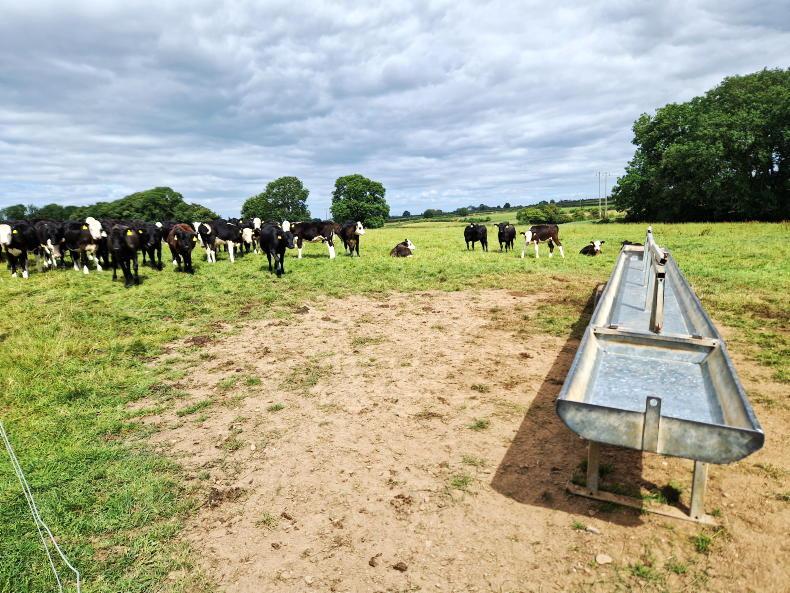

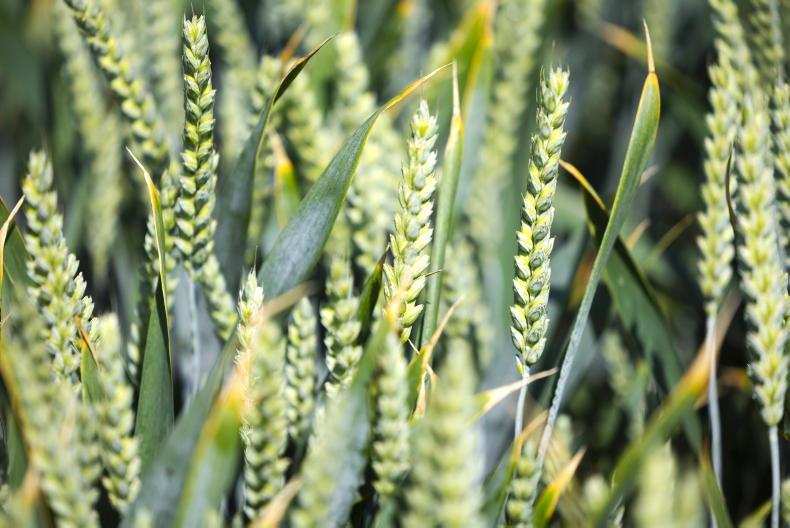

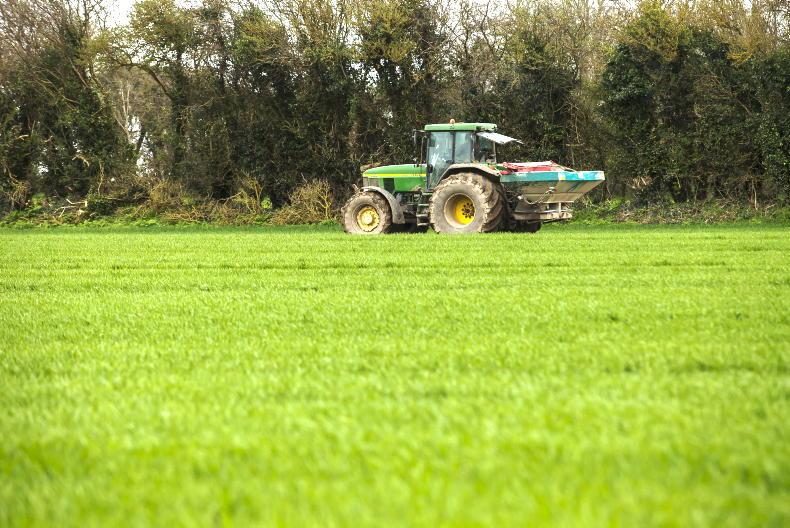
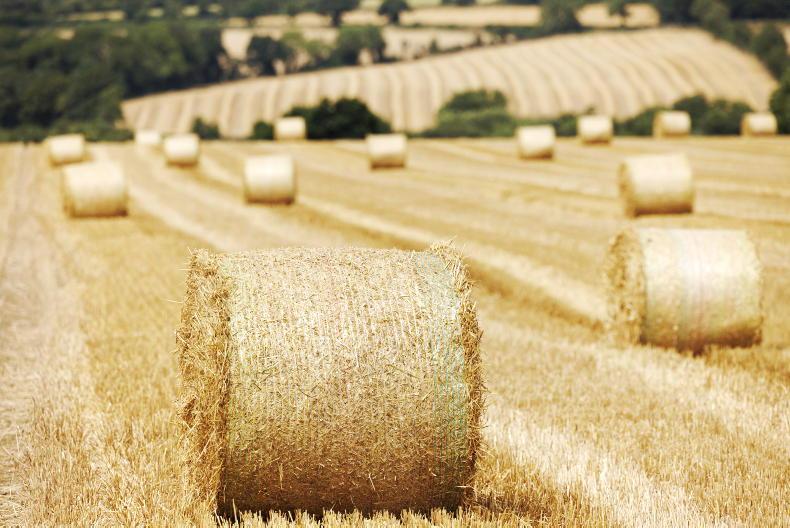
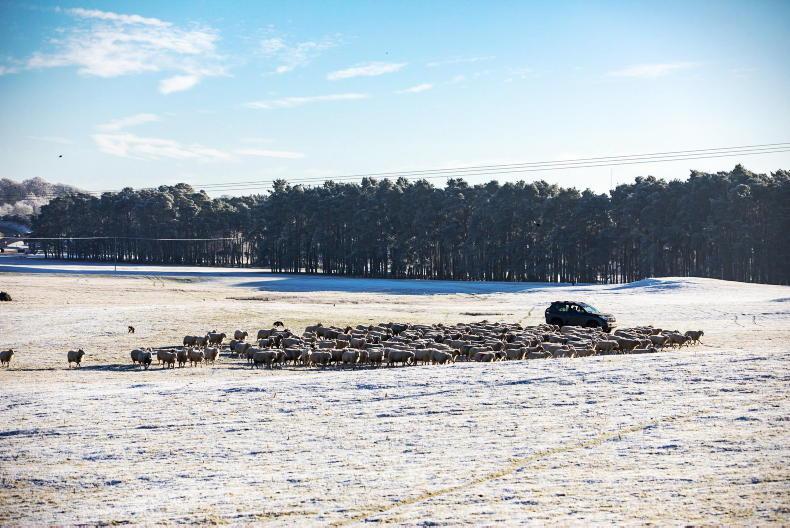
SHARING OPTIONS